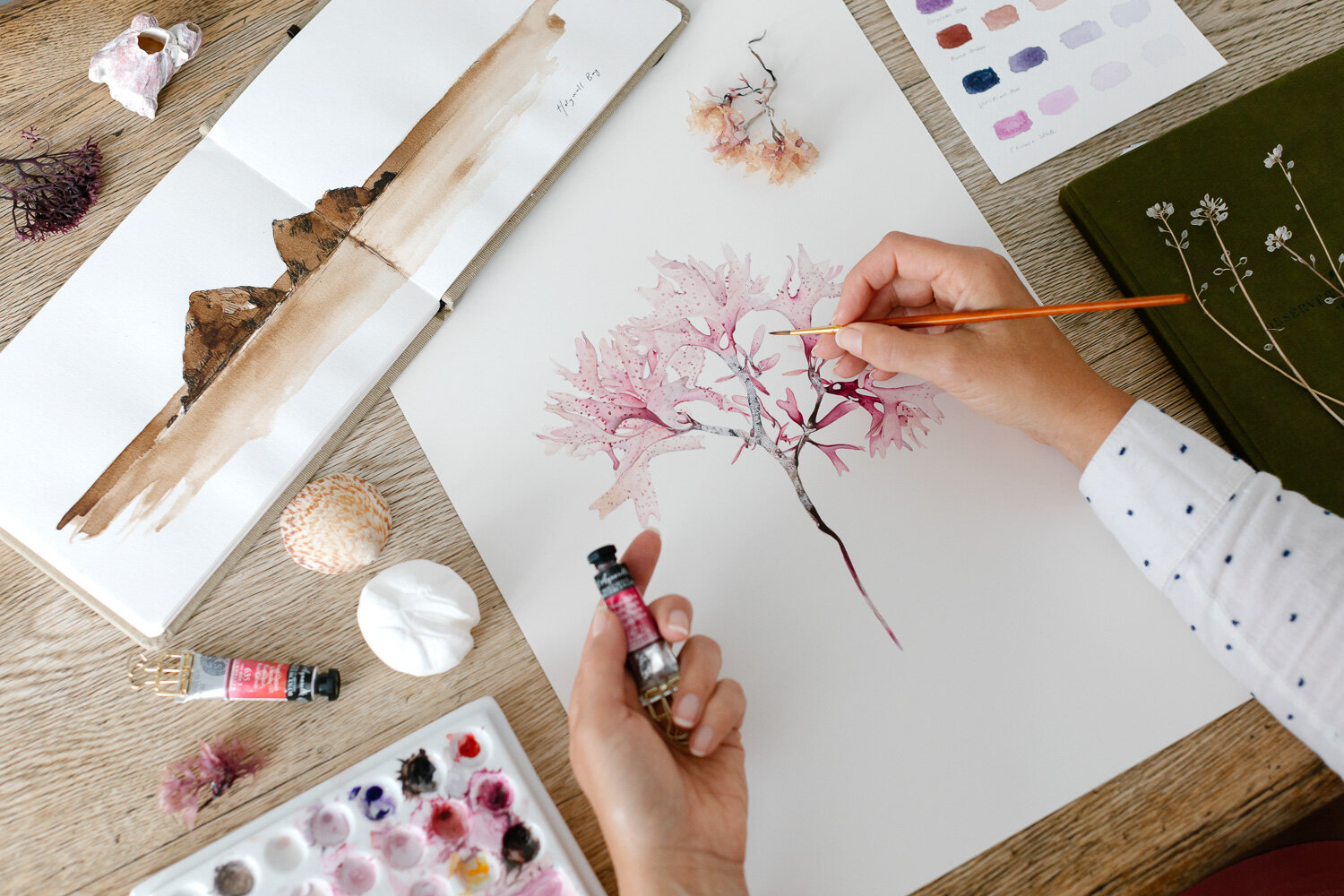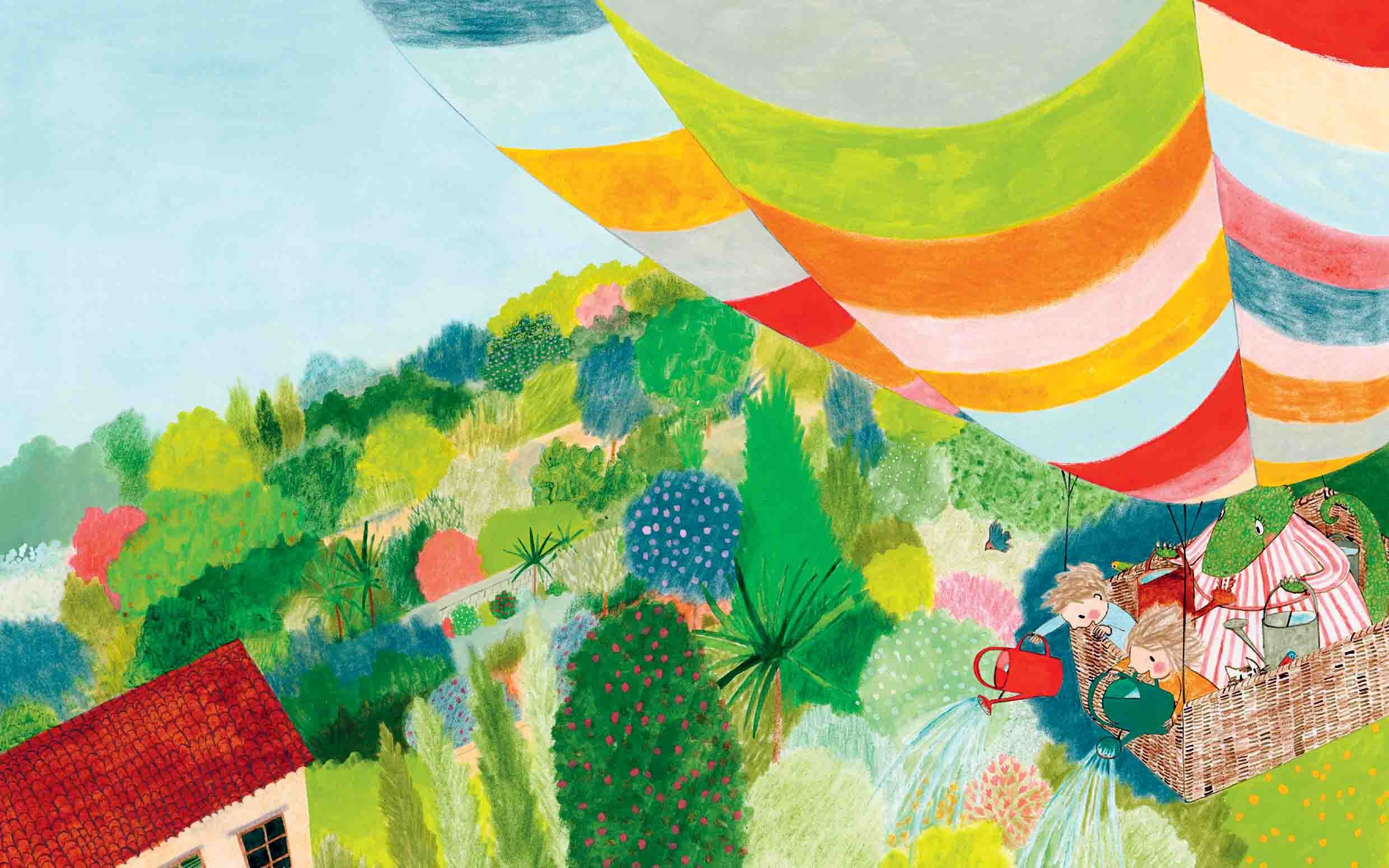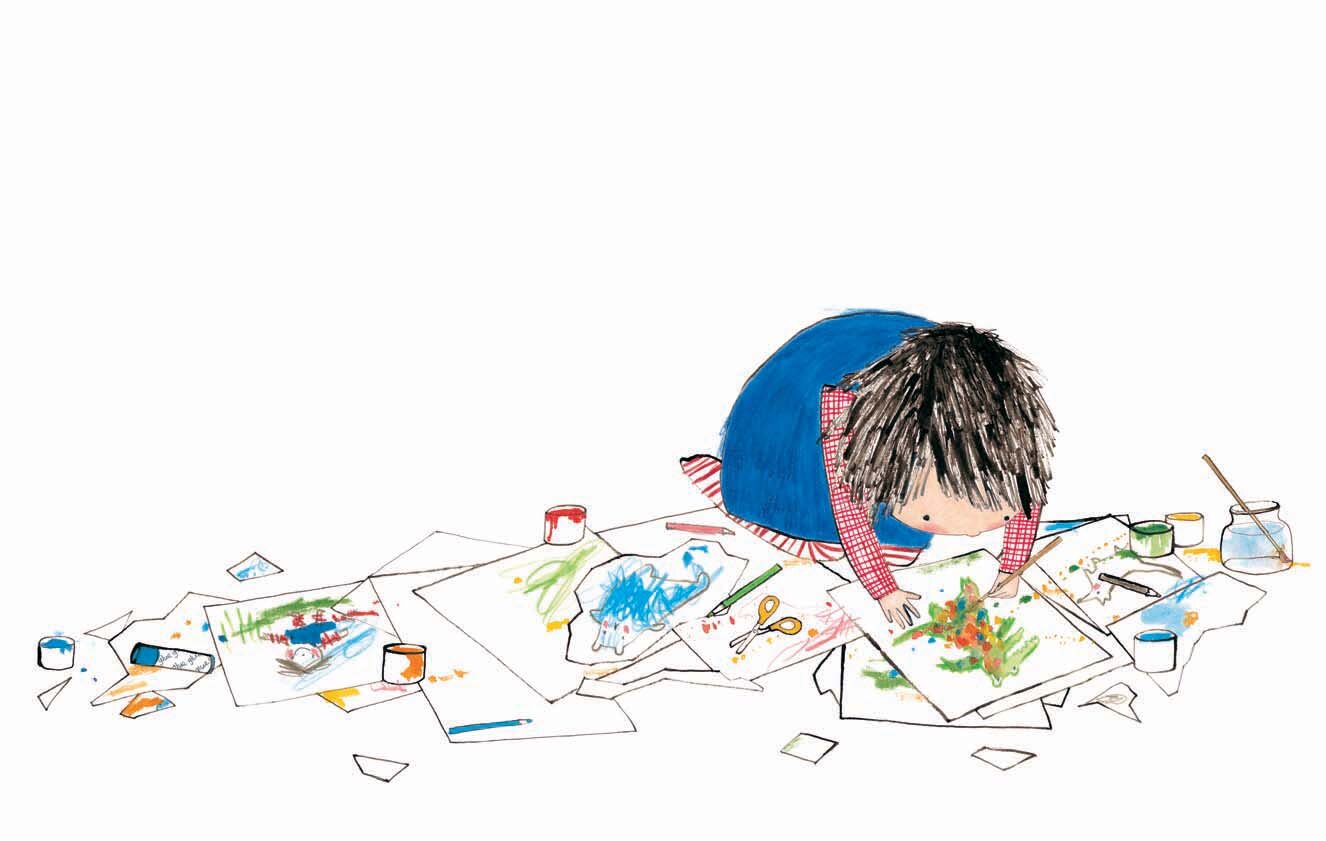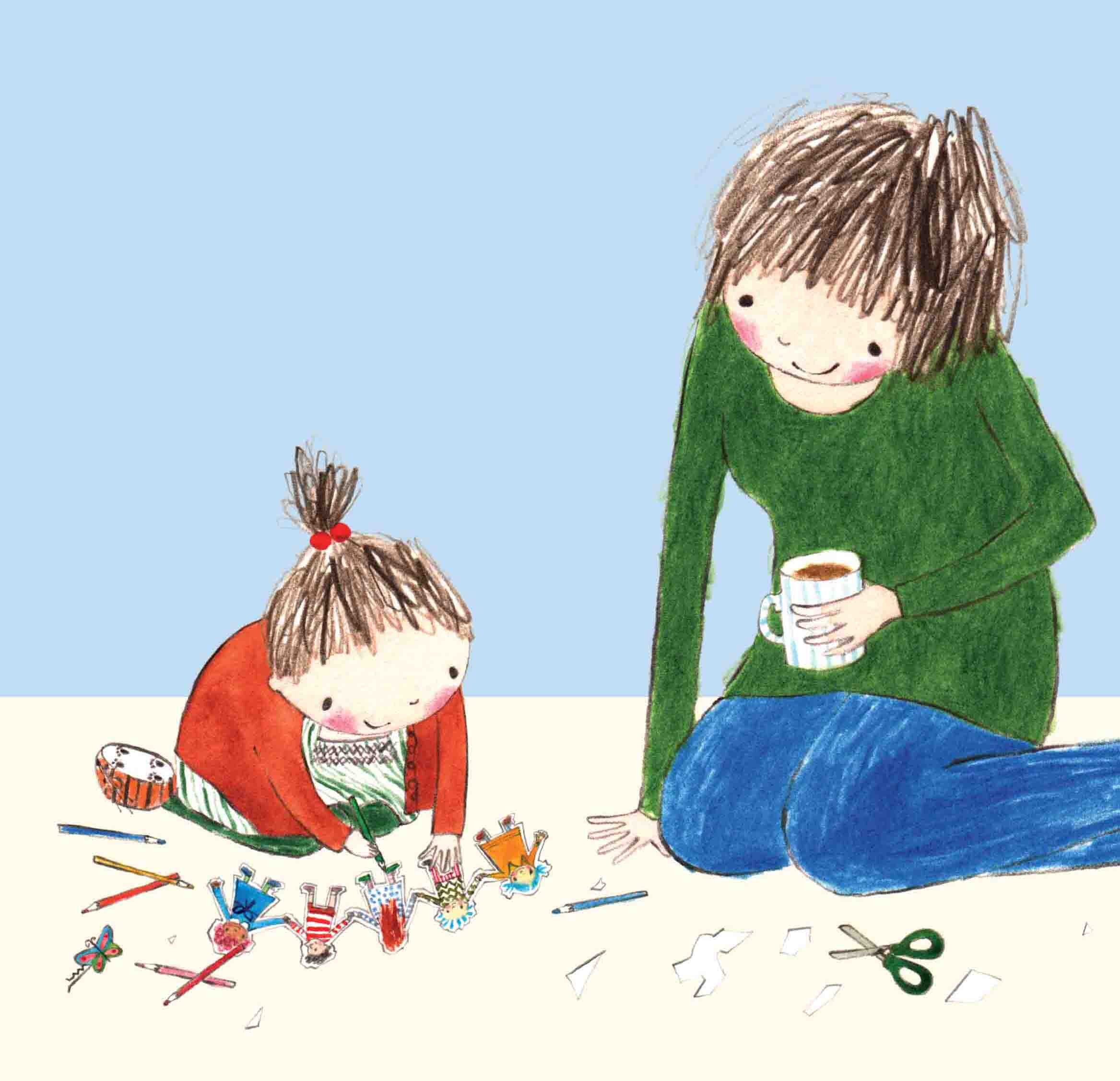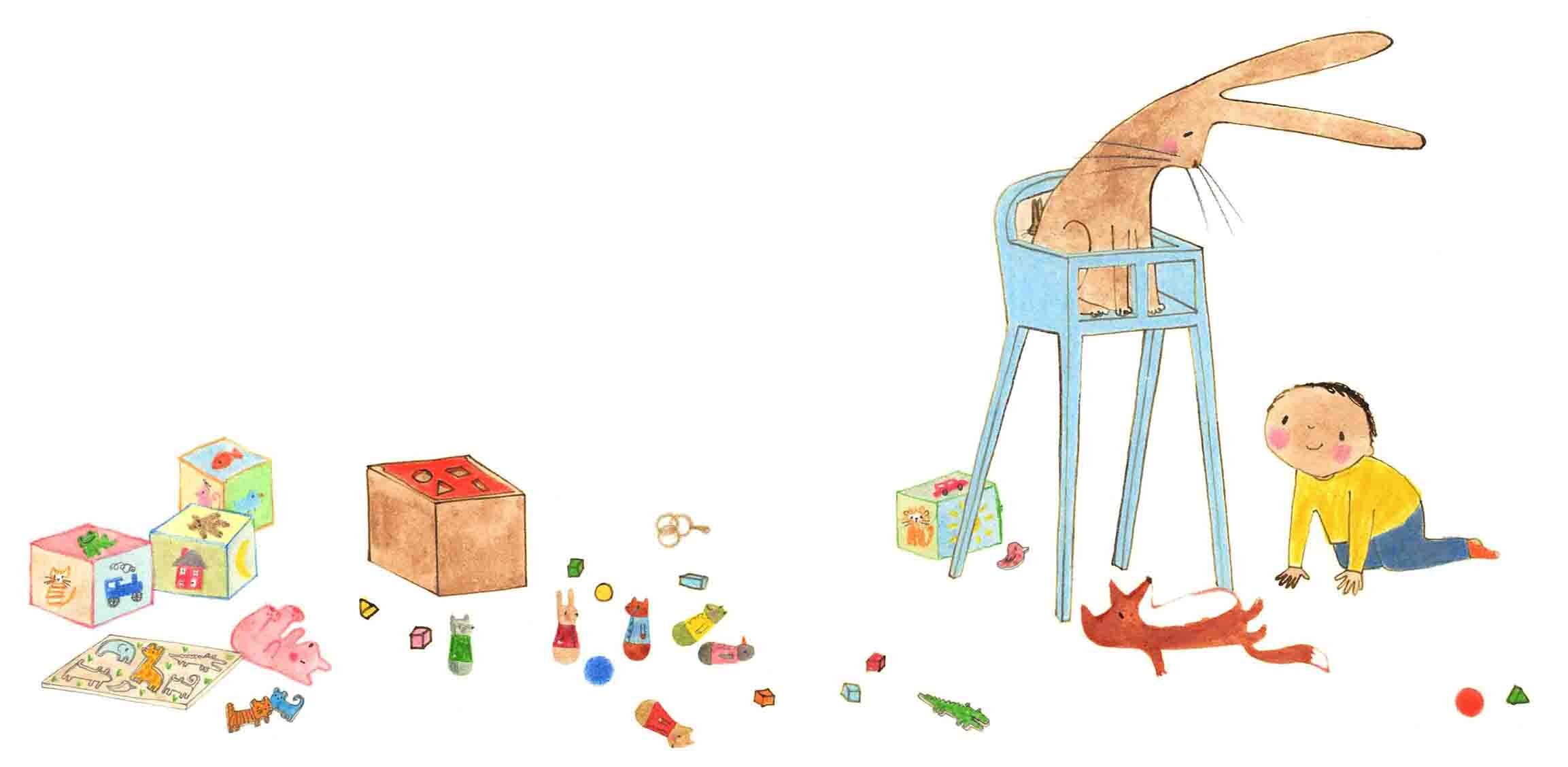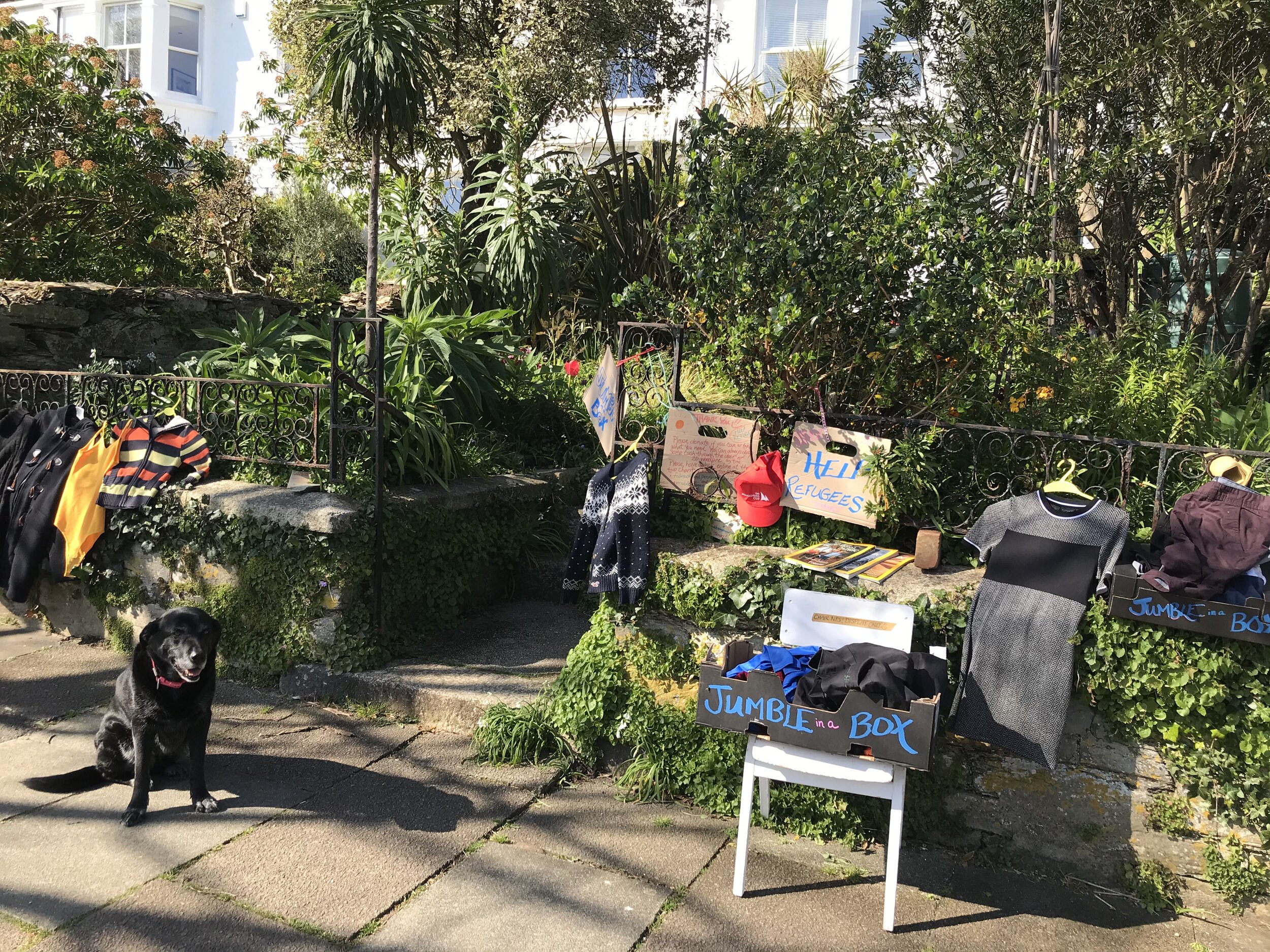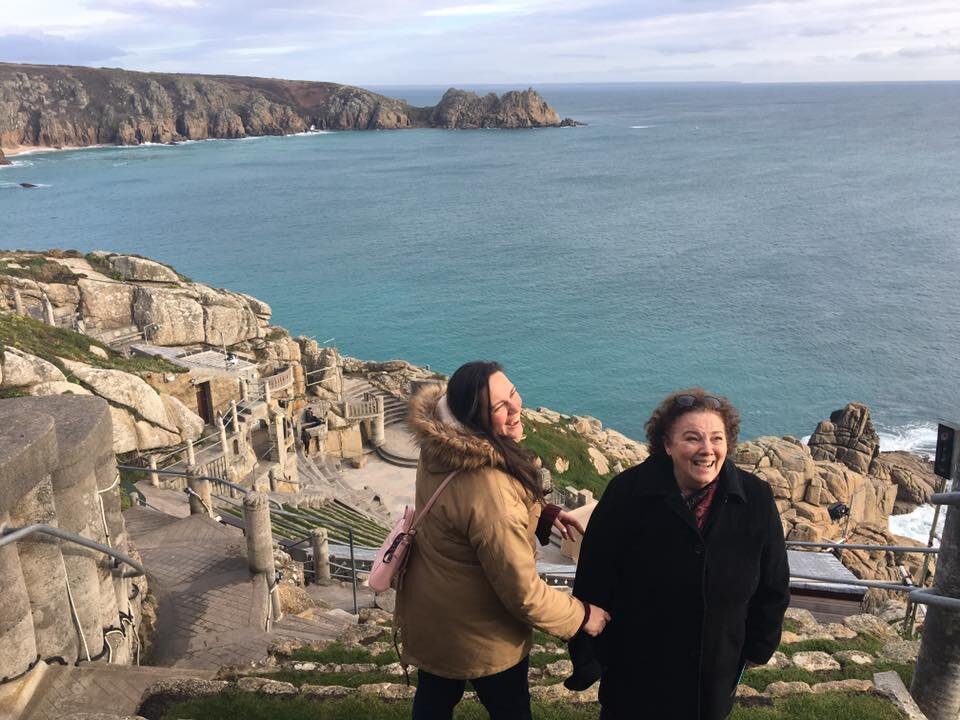Dr Melissa Hardie-Budden MBE - Social Historian, Publisher & Founder of The Hypatia Trust
/1. What do you consider your greatest achievement?
For 25 years the Hypatia Trust has focussed my attention (quite obsessionally) on the cares, works and woes of women in their daily lives and in world-wide communities and cultures. Newspapers, magazines, books and the social media upload an enormous rainfall of sociological and personal content about sex, gender identity, women’s rights, domestic abuse, child development and deviation from various historical and repetitive norms of behaviour and classification. Though not necessarily having satisfactory answers to the multiple questions often addressed to me personally as a researcher and author, I take at least some comfort from the bringing together of a kinship circle and network of persons – feminine, masculine and gender-fluid – who both process these topics in the arts, crafts and sciences, and who are prepared to give a voice to the many who attempt the interpretation of the issues within their own lives. To have founded and developed the Hypatia Trust with the help and collaboration of my family partners, friends and colleagues is perhaps my fondest achievement, but it has not been mine alone – rather, a group achievement which continues to flourish.
2. What motivates you to do what you do?
The desire to make a difference in a positive way motivates me strongly. Inevitably this desire has not always met with success and I regret some of my poor choices and mistakes with genuine sorrow. From an early age I was an avid reader, as was my mother (an only child) and my grandfather (a journalist and book collector), both of whom were strongly influenced by Mark Twain (Samuel Langhorne Clemens). My German family came from near his on the Mississippi River at Hannibal, Missouri and it was always mooted that we had a kinship relationship with him (not proven). I loved his humour, wisdom and story-telling and perhaps some of his motivations became my own. I have shared his love of cats: “While the rest of the species is descended from apes, redheads are descended from cats.” And, of course, I used to be a redhead – before the greys snuck in.
3. What do you owe your mother?
All of the sense and sensibilities that I have had are due to her – and none of the faults. Her creativity was always to the fore, with her strong adherence to the arts of design and home-making (interior domestic arts) as well as the life-long admiration and service to learning and academic achievement (gaining her university degree in philosophy & history after five children and two marriages in her early 50s.) It has been a privilege to be her eldest daughter and to gain so much from her resilience.
4. Which women inspire you and why?
In history, Florence Nightingale, for her leadership and good intentions, Elizabeth C T Carne of Penzance, for her intelligence and support to the town and its public institutions, and L Norna Jamieson, late of Shetland, my sister-tutor at St Thomas’ Hospital, London, for her love and example. In the present there are too many to name amongst my friends whom I love and admire, but on the national stage I would include the thinker Mary Beard of Cambridge, the Bronte scholar Patsy Stoneman of Hull, and the outstanding publisher Nicola Beauman of Persephone Books, of Bath (younger sister of my late friend, Jessica Mann Thomas, novelist, of Truro).
5. What are you reading?
I tend to read in themes – criss-crossing between non-fiction and fiction. Right now I have just completed All That I Am, a novel by Anna Funder about the 1930s and the rise of Hitlerism, after finishing Colm Toibin’s new novel The Magician, about the Nobel author, Thomas Mann (1875-1955), who wrote his magnificent works over the World Wars and the interim between. This set of interests for me has been inspired by the important historical studies of Germany in the political and social world of the 20th century by our friend and colleague, Frederick Taylor, a prodigious researcher and thinker in his own right – who lives here in Cornwall.
6. What gender barriers have you had to hurdle?
I really don’t know, because when inspected close up, they seem to disappear.
7. How can the world be made a better place for women?
By kindness, understanding and education. We are all people with varying capacities – and our only hope is to work with this set of facts.
8. Describe your perfect day?
A few happy minutes with a friend, a cup of tea and a brownie, some pleasing messages on the e-mail, a cuddle with my cats, a gripping book to read: these in any mix and time make for perfection. But one cannot have this every day – lots of work to do.
9. We've noticed there really aren't many (if any) statues of women around Cornwall - who would you like to see remembered?
Statuary is not of special interest to me, and at present would be an unwise investment for public monies (I believe); better to invest in safe housing and community care initiatives. This is a better legacy of one age to another.
10. Give us a tip?
Speak louder. Be brave. To be too quiet is evidence of disinterest.
Melissa introducing her new book
2019, Hypatia Trust at the Regent, Chapel Street







